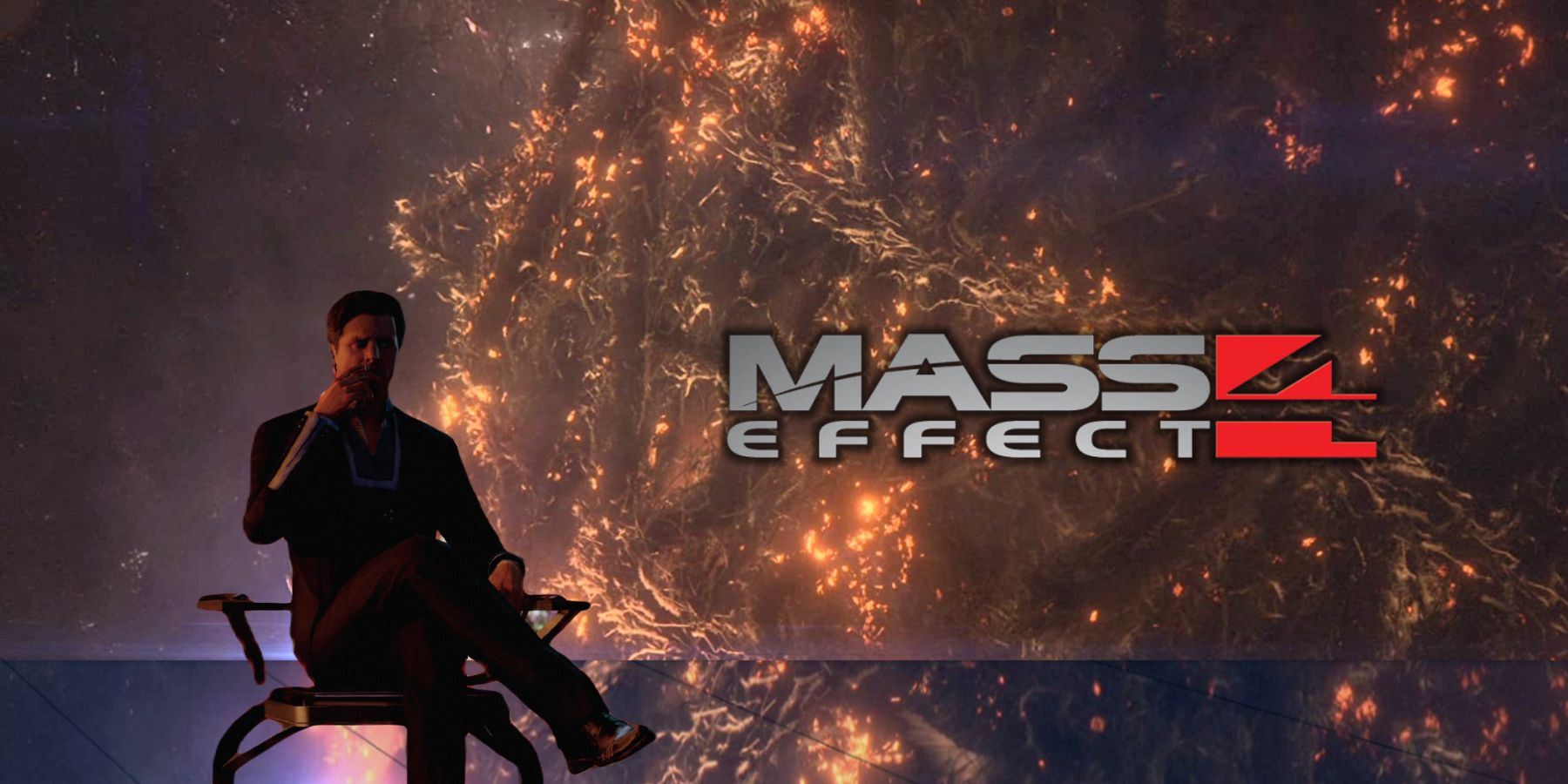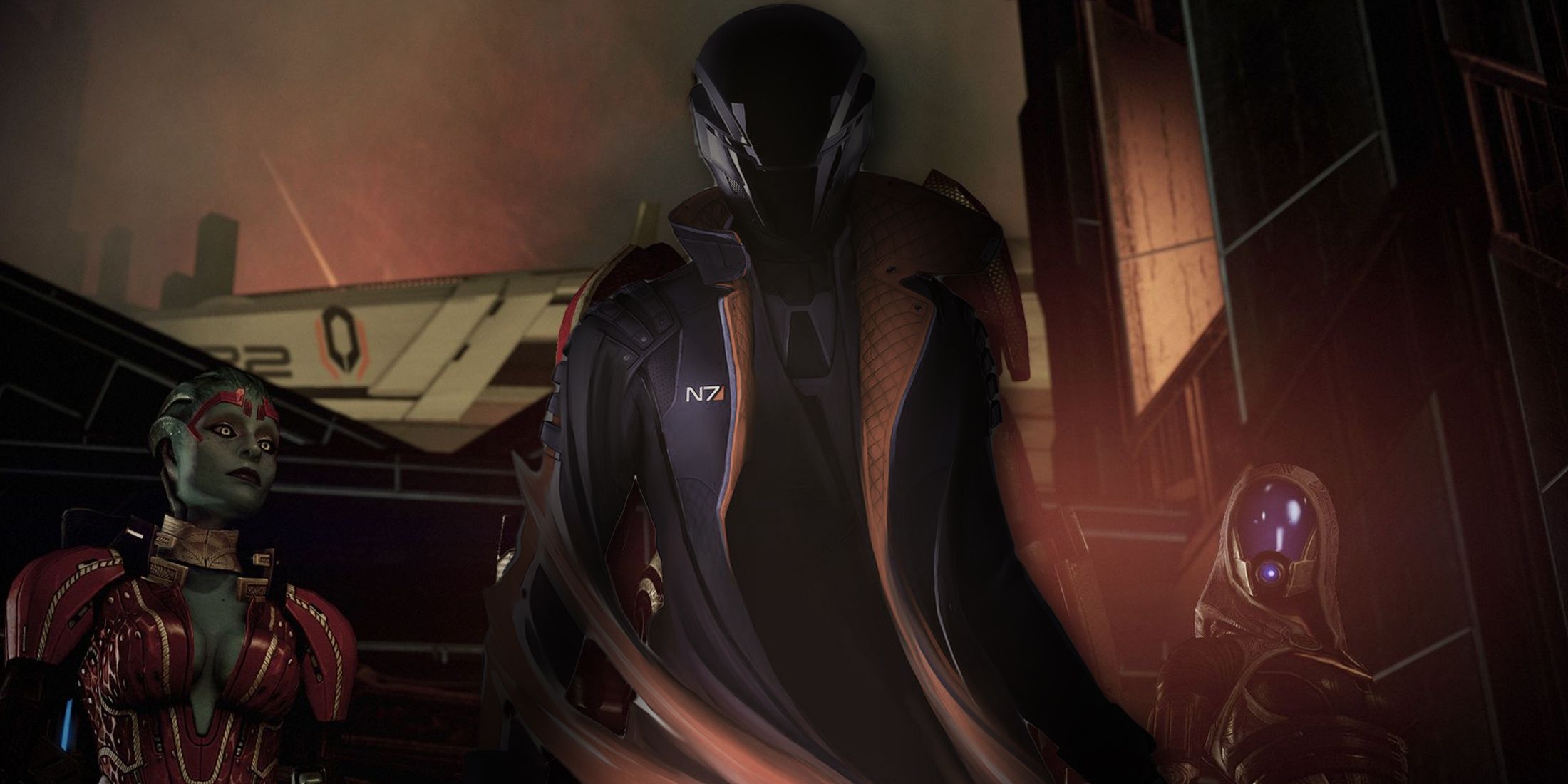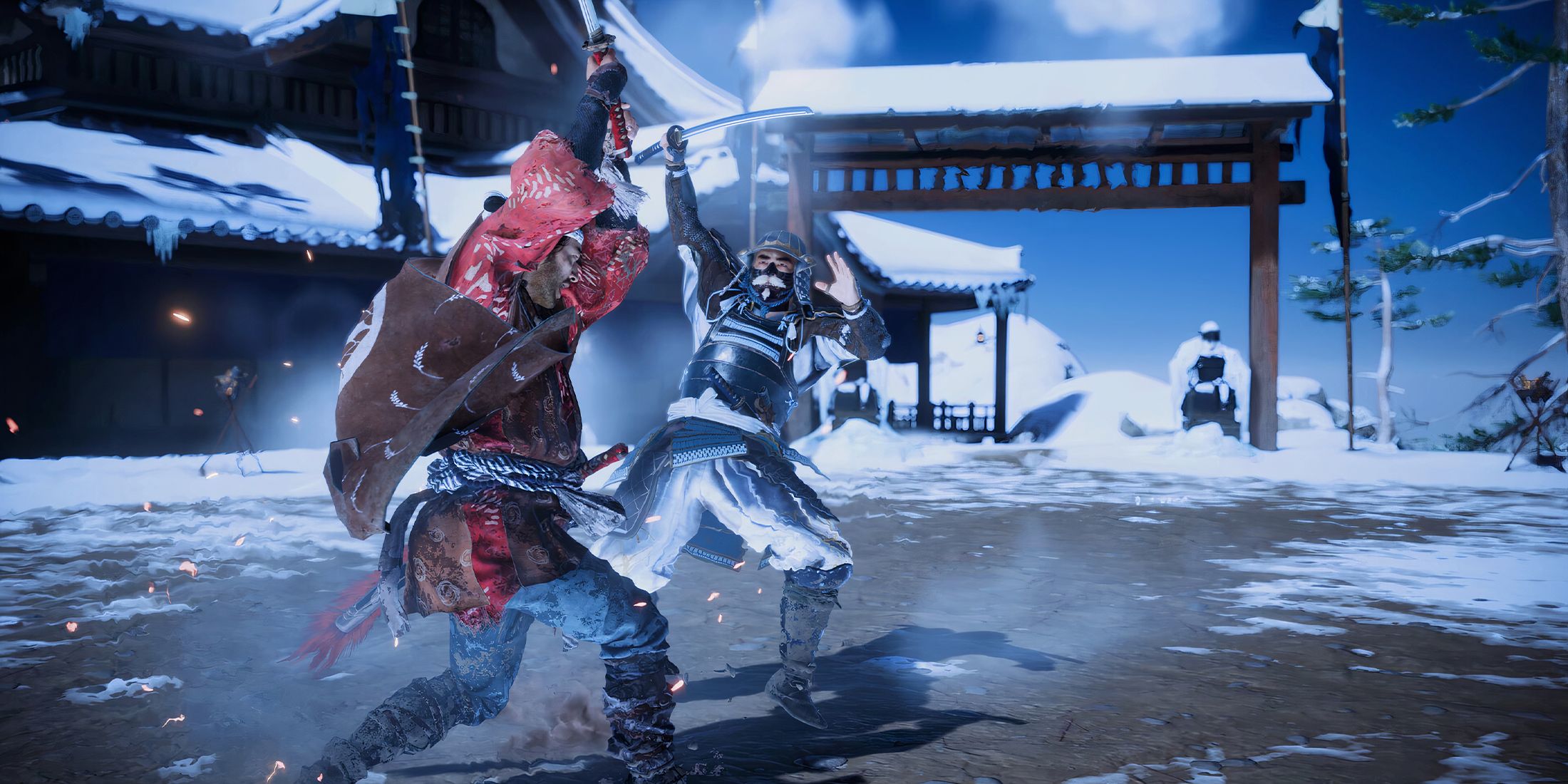Highlights
- Mass Effect 4's details remain mysterious, but expect RPG roots and familiar elements like dialog trees and character classes.
- RPGs like Baldur's Gate 3 showcase diverse and impactful class systems, influencing gameplay mechanics beyond combat.
- Learning from games like Baldur's Gate 3 could help Mass Effect 4 create a more engaging and rewarding RPG experience.
With little more than a few teasers released to the public, it's quite unclear what kind of game Mass Effect 4 will be. There's plenty of fair speculation to be had regarding the return of various Mass Effect lore elements and characters, but aside from the return of Liara T'Soni and the Milky Way galaxy, nothing has been confirmed. However, it's safe to assume that the game will stick to its RPG roots, including genre staples like dialog trees, character leveling, and classes.
However, it's been quite some time since the release of the last Mass Effect game, and RPGs have enjoyed something of a golden age in its wake. Action RPGs like Elden Ring have proved that mechanical complexity and experimentation can exist alongside a vast scope and sprawling build variety, while CRPGs such as the phenomenal Baldur's Gate 3 set a high bar for choice-based games moving forward. While it might not be fair to compare Mass Effect 4 to these games, as it will likely be considerably different, it's worth wondering how BioWare can learn from them. Specifically, the game could benefit from taking a page out of Baldur's Gate 3's playbook with regard to character classes.

Mass Effect 4's Primary Antagonist Feels a Little Obvious
Mass Effect 4's main villain seems like an inevitable choice as it would be the best way to bring the series' trilogy and spin-off together.
Mass Effect 4 Can Learn from Baldur's Gate 3's Holistic Class System
Mass Effect's Approach to Classes Is Outdated
Mass Effect features some unique classes, all of which have the potential to be exciting and interesting. The series features the usual suspects—science-fiction versions of warriors and mages—but there are also some more interesting classes, like Sentinel and Vanguard, which combine elements from other classes to offer novel playstyles. That said, aside from a handful of unique abilities and some weapon restrictions, all the classes are extremely similar.
For example, Adept players will have access to more biotic abilities (space magic) but fewer, less powerful guns, Mass Effect's Solider class offers the opposite experience: more guns, no powers. This can introduce a bit of variety, but mostly on a strategic level, as certain abilities can exploit specific enemy weaknesses, but moment-to-moment combat often feels mostly the same, with different classes simply offering a few different tools. When it comes to everything outside combat, though, class selection has virtually no impact.
Baldur's Gate 3 Offers More Impactful Classes
Baldur's Gate 3 offers incredible class variety, and while some classes, like Sorcerer and Wizard, share some similarities, they are all remarkably different. The entire framework and feel of the game's combat system is affected by the player's chosen class, as this can influence key mechanics like movement, spell slots, and actions, dramatically altering how fights are approached. Put plainly, playing as a Ranger will be a wildly, fundamentally different experience than playing as a Druid.
Class selection in BG3 impacts far more than just combat, though, as everything from minor NPC interactions to the structure of key quests can be determined by the player's abilities. For instance, a player with the high charisma of a Bard can charm intimidating foes out of hostile engagements, while a Rogue can bypass fights altogether or sneak into forbidden, important areas. Features like Baldur's Gate 3's multiclass system and a bevy of unique background and subclass combinations contribute to the game's comprehensive approach to character classes, informed by classic pen-and-paper RPGs, and ultimately ensure that no two playthroughs of the game are the same.
While it's not realistic or even advisable for Mass Effect 4 to be exactly the same as Baldur's Gate 3 in any way, learning from how Larian designed the game's class mechanics could lead to a more impactful, rewarding, and engaging RPG experience. Ideally, Mass Effect 4 will retain the series' identity while bolstering its main role-playing and choice-based features, and a more holistic, multifaceted class system is one way to do this.




